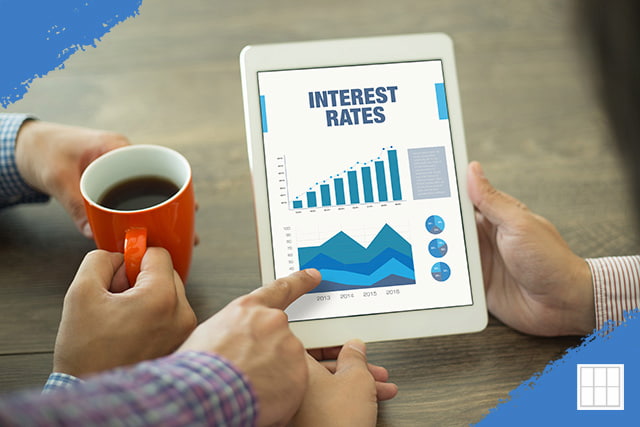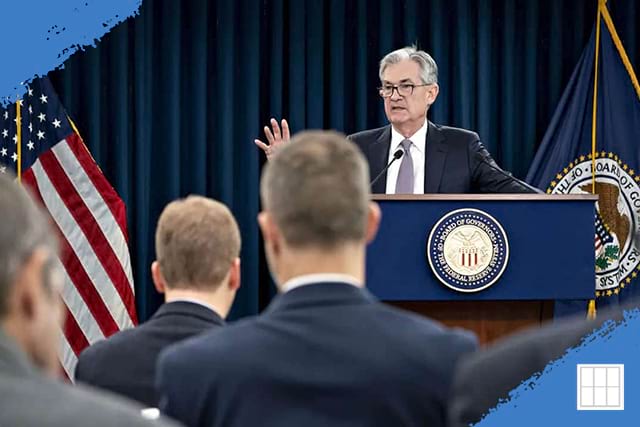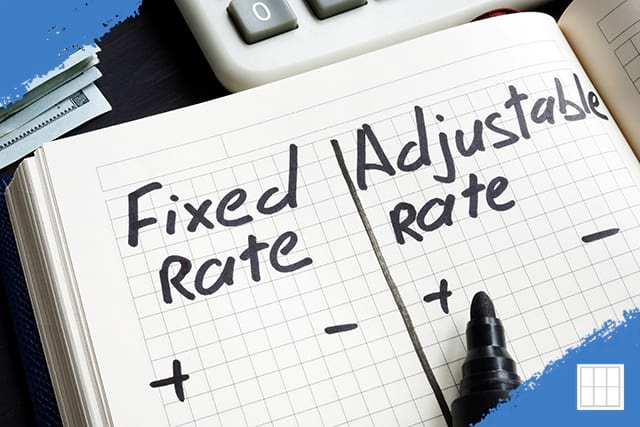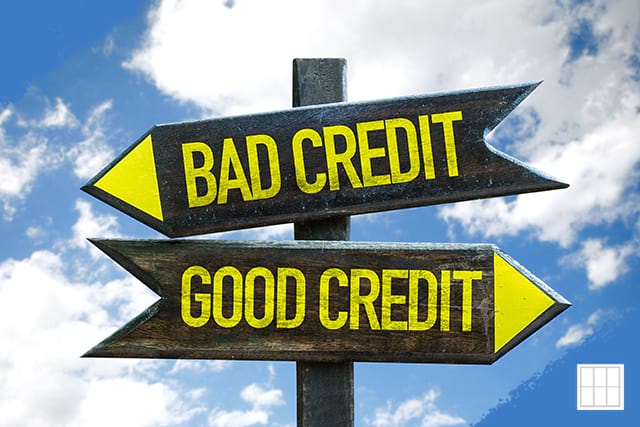On January 29, 2025, the Federal Reserve's Federal Open Market Committee (FOMC) announced its decision…

Mortgage rate lock: When should you lock a mortgage rate?
When it comes to interest rates, the lower the rate and monthly payment, the greater the savings. A quarter of a percent doesn’t sound like much, but it can mean thousands of dollars in interest savings over the life of a 30-year loan. In times of rising rates, borrowers should pay close attention to the mortgage rates and lock in a rate.
What is a mortgage rate lock?
A rate lock means your mortgage interest rate won’t change between when the rate is locked in and when the rate lock expires. The mortgage lender protects the rate offered for the specified time. With a rate lock, the borrower doesn’t need to be concerned if rates go up during this period of time. Ideally, the rate lock time should be through the closing date.
How does a mortgage rate lock work?
A mortgage rate protects you from the daily fluctuation of interest rates. Should rates increase, you’ll keep the same interest rate that you’ve locked in. However, if the interest rate drops after you lock in your interest rate, you’ll miss out on the lower rate. There is an exception; some lenders offer a “float down” option with your rate lock, which allows you to take advantage of rate improvements.
What is a float-down mortgage rate lock?
Some mortgage lenders offer a float-down provision with a rate lock. This means that you would get a lower interest rate if mortgage rates drop within a specified time after your home loan is approved. However, there is a cost to this feature which would need to be considered carefully.
By floating the interest rate, not locking in, you are gambling with the amount of interest you will pay for the life of the loan. Should the rate increase, you could pay points to keep the same rate, should it be available.
How long can you lock in a mortgage rate?
Typically, you can lock in a rate for a period between 30 days to 60 days without a charge. There are longer rate lock periods, up to 120-days, that would require an upfront fee. Generally, the rate for a long-term rate lock is .25-.50% higher than the rate for shorter-term locks, so consider your options carefully.
When should you lock in a mortgage rate?
You can typically lock in your interest rate between the time of application and loan approval. Discussing the general direction of interest rate with your loan officer before locking in your rate is wise. For example, if rates are trending downward, you may want to float the rate as long as possible. However, suppose interest rates are moving upward.
In that case, you may want to lock the rate as soon as possible – assuming a shorter-term rate lock. It’s a gamble because no one really knows what interest rates will do — they’re set based on various factors that can change from day to day.
A longer rate lock is more expensive. As an example, a borrower who chooses a 30-day lock on a 30-year fixed rate might get a 6.25% percent rate and zero points. A 60-day lock might cost 1 point (equal to 1 percent of the loan) or a slightly higher rate with a half-point.
However, when mortgage rates rise, you might consider locking the lower rate as soon as possible. It might be helpful to look at rates from the past 60 days to see how they fluctuate.
Can I extend the rate?
Your lender might offer to extend the rate for a fee. It’s worth noting that the rate lock extension fee might not be your responsibility. For example, if the seller could not close on time, you may ask the seller to pay the rate lock extension fees.
How to lock in a mortgage rate
Most lenders allow you to lock in your rate after your loan application receives pre-approval and you have a purchase contract for buying a home. Locking in the rate before underwriting is preferred, as the loan approval depends on the interest rate.
It is essential to contact your mortgage lender to discuss their policies regarding rate locks. They can provide several rate options based on the lock period you need. Additionally, they can discuss any fees associated with this process.
Today’s Mortgage Rates in Missouri
Mortgage rate lock fees
Two main fees are typically linked with a rate lock: you might pay an upfront fee for a long-term lock or a rate extension fee. You must pay the upfront fee in advance. The rate extension fee, a percentage of the loan, appears as a closing charge on the Loan Estimate and/or Closing Disclosure.
Should you lock your mortgage rate?
To determine whether you should lock your rate, consider the current rate environment and that rates may rise or fall soon. If you believe the rate you were quoted is competitive with others in the area, it would be worth locking in the rate. A rate lock provides certainty and peace of mind in an volatile market.
Today’s Mortgage Rates in Kansas
Questions to ask your lender
Ensure that you have a comprehensive understanding of the rate lock policies of your lender. Your rate lock can be null and void if you lock in a rate too soon and decide to use a different sort of loan. Before settlement, borrowers can risk losing a rate lock if their circumstances change. Such as, a change in their credit score or debt-to-income (DTI) ratio.
Ask your lender what circumstances would void the lock before you agree to it. Because the underwriting process may reveal significant aspects you weren’t aware of or didn’t know. A few questions: Will the locked rate change in certain circumstances? Is the rate locked through the closing date?
How to make sure you’re financially prepared for a mortgage
Make sure your finances are in order, and you are ready to apply for a mortgage before locking in a rate. This includes having the money to pay the rate-lock charge if there is one.
Rates on mortgages continually change; a rate lock can spare you the uncertainty. In general, if interest rates are still low, it’s ideal for getting a rate lock to protect you until your home loan closes.
Are you ready to lock-in your rate?
Since 1997, Metropolitan Mortgage has been helping countless home buyers secure the mortgage program they need to help finance their home purchase. With various mortgage programs offered, we are the number one mortgage resource for borrowers in Overland Park and Kansas City, and the rest of the Midwest region, including Kansas and Missouri. We have been a family-run business since 1997 and work hard to help borrowers realize their dreams of buying a home. Contact us today if you have questions about applying for a mortgage.



